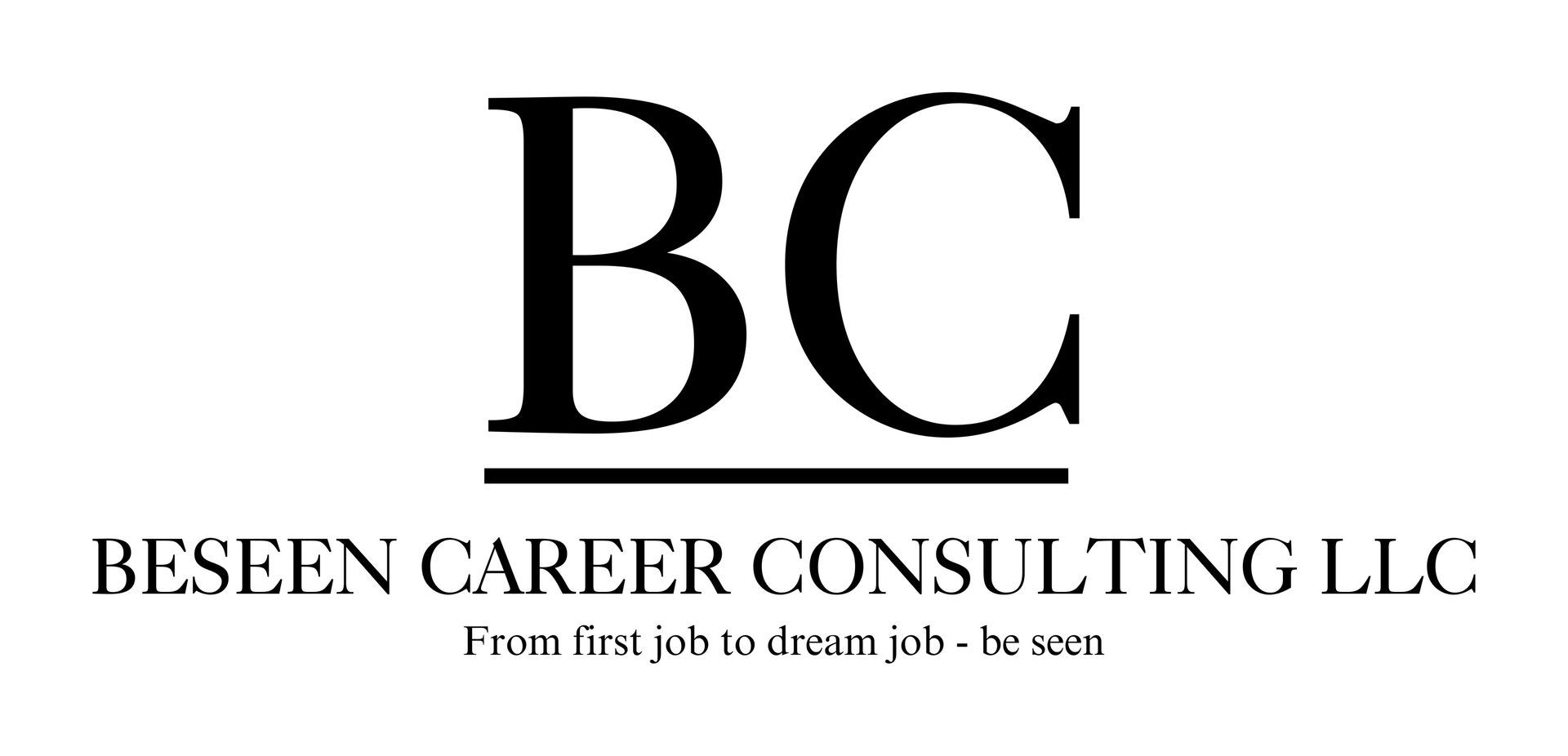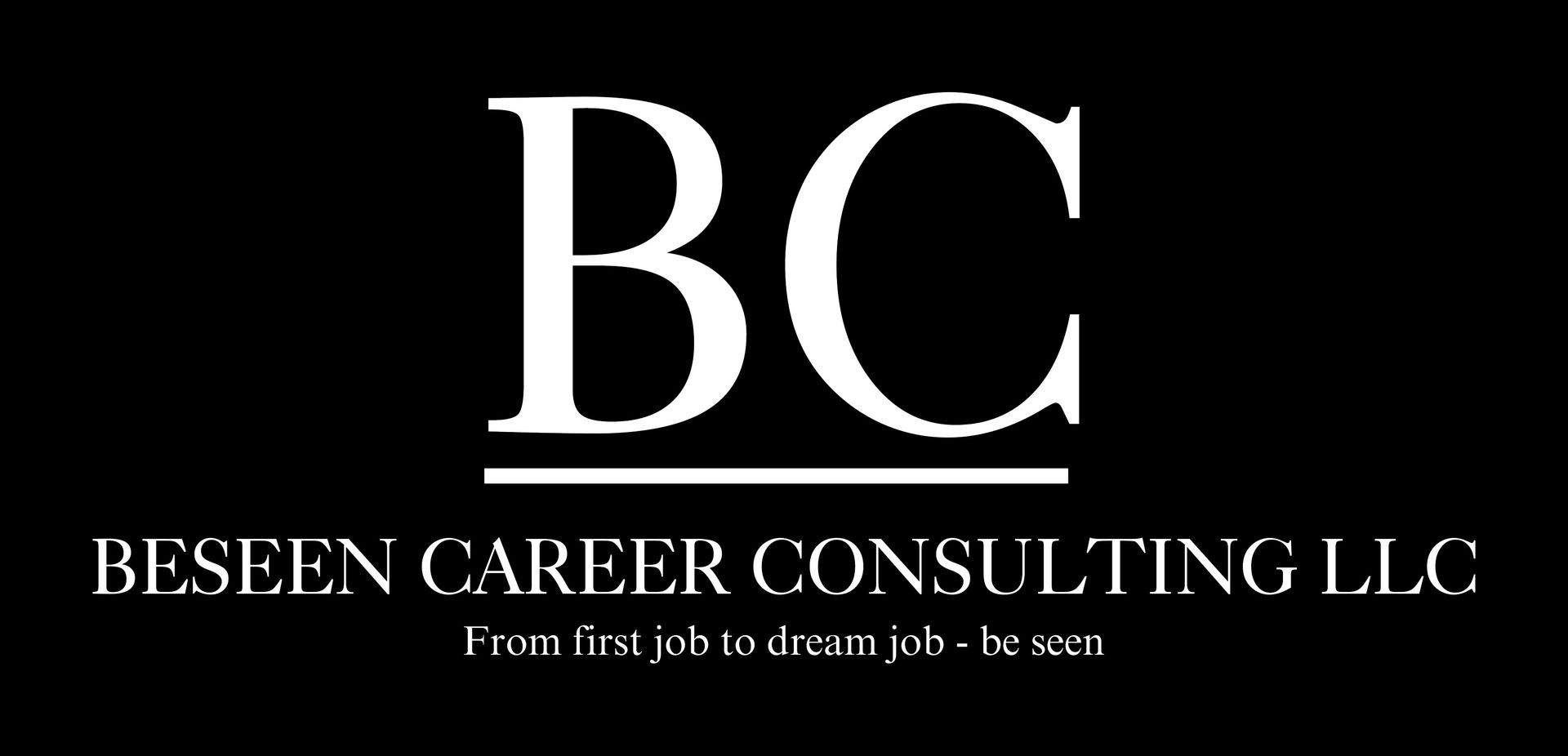Addressing Employment Gaps
April 21, 2025
How to Explain Career Gaps or Job Transitions in a Positive Light

Career gaps happen, and they’re more common than you might think. Whether you stepped away to care for family, returned to school, navigated health challenges, or simply took time to reassess your goals, these pauses do not define your potential.
In today’s workforce, gaps are often expected. The COVID-19 pandemic in 2020 shifted careers worldwide, and ongoing market changes continue to impact professionals at every level. Employers are increasingly understanding, especially when candidates are clear and confident in how they communicate their journey.
Be Honest, But Strategic
There’s no need to go into extensive detail. Be transparent about the reason for the gap, but focus more on how that time prepared you for your next role.
Example:
"In 2021, I took time to care for a family member and reflect on my career goals. That experience reinforced my resilience and helped me gain clarity on my path forward."
Highlight Transferable Skills
Did you volunteer, freelance, earn a certification, or manage responsibilities that sharpened your skills? Include them in your resume and interviews. These show initiative and ongoing development.
Use Your Resume and LinkedIn Wisely
Avoid leaving large unexplained time gaps. You can include a section such as "Independent Projects" or "Professional Development" if needed. Your LinkedIn summary is also a great space to share your career story in your own words.
Practice a Confident Response
In interviews, be prepared to explain the gap briefly and positively. Keep the focus on what you’ve learned and why you are ready to return to work with renewed energy.
A Note from a Recruiter’s Perspective
As a Talent Acquisition professional, I review resumes with employment gaps all the time. It’s not the gap itself that determines whether a candidate moves forward in the process. It’s how the gap is explained. When a candidate tells me they’ve been unemployed but have spent the time taking courses, volunteering, or developing new skills, I’m impressed and often move them forward. On the other hand, if someone tells me they’ve just been living off unemployment with no effort to grow or engage professionally, it signals a lack of initiative. Employers want to see that even during difficult times, you were investing in yourself.
Final Thoughts
Gaps in your resume are just part of your career story. When you communicate with intention, employers are more likely to focus on your strengths and potential. At BeSeen, we help you shape a narrative that positions you for success at any stage of your journey.





